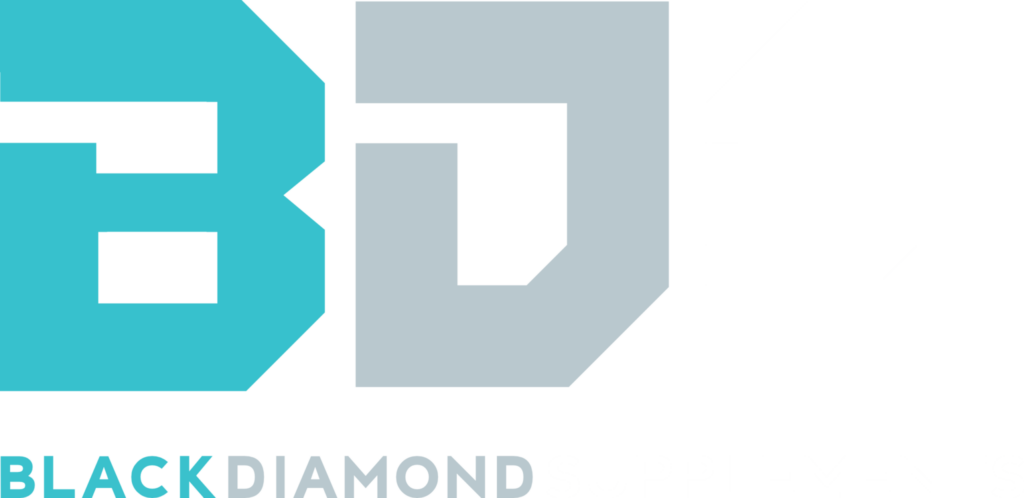If you want to supercharge your diet and see the absolute best results possible from all your efforts, there’s one thing that you’ll want to ensure you’re doing: getting enough protein without listening to the myths about protein.
Many people realize the importance of having protein in their diet plan, be it for sport performance or for simply improving their health, but this said they also may believe many myths that are causing them to make mistakes with their consumption.
Today we’re going to go over some of those myths about protein so that you can see for yourself how they’re influencing your results.
The More Protein You Eat, The More Muscle You Build
The first of many myths about protein that’s often believed is that the more protein you eat, the faster you’ll build muscle. While there’s no denying the fact that you do need to eat protein to build muscle, remember that there are many things that go into muscle building, and eating enough protein is only one component of it.
Plus, the body can only build so much muscle each day and once that limit is reached, you’re unlikely to build more muscle regardless of how much protein you eat.
So, don’t believe that by eating 300 grams of protein per day, you’re on the way to getting huge muscles. Sadly, there isn’t a direct correlation like that. You need to eat enough protein to maximize growth, but once you’ve hit that point, more won’t help you and it just becomes expensive fuel.
Protein Timing Is Critical To Success
The next myth that often circulates around is that you must eat protein at certain times of the day and if you miss that ‘window’ by 30 minutes, you’re completely ruining your progress.
In fact, one study showed that taking a protein supplement rich in leucine did enhance muscle protein synthesis but the timing of that supplement made little difference1.
So, if you decide you want to grab a quick shower first before you consume your post-workout shake, it’s typically not going to be an issue. Waiting two hours may not be wise as your body is not as hungry at this time, but don’t stress if you’re 10 minutes behind.
During the rest of the day, remember that digestion takes hours. It isn’t a situation where you eat protein and an hour later, there is no more left in your body. You’ll constantly have a steady stream of amino acids (apart from if you were say intermittent fasting) so there really is no need to worry heavily about meal timing. If you go three hours between meals, fine. If you go five hours at times, that’s fine as well. Some people get too caught up in the timing of their protein intake, which can just lead to more stress than it’s worth. Stress causes the release of cortisol and that will do you far more harm as far as maintaining an anabolic environment is concerned.
The Body Only Digests So Much Protein At Once
Which brings us to the next myth we need to discuss – that the body can only digest so much protein at once. Some people believe that if you take in too much protein per meal, the rest will just be excreted as waste.
Again, this is not accurate. Your body will digest whatever you put into it (unless it’s a non-digestible food, which isn’t recommended to consume!). It just becomes a matter of what the end fate of all that protein will be.
Since only so much protein is needed, any excess beyond that will either be used as energy or stored as fat depending on what your current energy balance is at the time.
Protein is expensive to digest, meaning there is a higher overall level of energy being released as it’s broken down, but it will still be digested. It’s also harder on the body to digest more protein but you won’t just remove it as waste as some people are led to believe.
Protein Powders Help You Bulk Up Faster
How many times have you heard someone who is uneducated with nutrition state that they won’t use protein powders because they fear it will cause them to bulk up fast?
Again, this isn’t accurate information. There is nothing about a protein powder that is going to help you build muscle faster (at least not significantly) than eating chicken, eggs, or some other form of meat protein.
While protein formulas are sometimes developed to be faster digesting and that faster digesting nature can help with digestion and therefore muscle assimilation, protein powders don’t have extra special qualities that will greatly increase muscle development.
They’re still just amino acids that work in the body similar to how amino acids from other foods would.
You Can’t Gain Body Fat Eating Protein
Here’s another doozy that many people miss: the notion you can’t gain fat eating protein.
This is entirely and completely inaccurate. You can most certainly gain body fat if you eat too much protein.
Now, here’s how this works.
Protein is the least likely of the three macronutrients to be converted into body fat. So, let’s say you went off and ate 10,000 calories per day. You are surely going to gain fat at this intake. If you eat 5,000 of those calories from carbs, 3,000 calories from fats, and 2,000 calories from protein, the body will begin converting the calories from fats to fat first as it’s easiest. Then once that’s finished, it’ll start converting the calories from carbs to body fat (using whatever doesn’t get used for energy purposes).
After all those calories have been dealt with, then you’ll begin converting some of the protein calories – whatever wasn’t used – to body fat as well.
So, while protein is less likely to be converted to body fat as this is the last possible route it goes, you certainly can.
If your daily calorie needs were 2,000 calories and you consumed 3,000 calories all from protein (an impossible feat to say but for illustration purposes), there is no question you would be gaining some body fat in the process.
So, don’t think you can eat protein all you want without risk of weight gain as that is an inaccurate assumption.
Your Protein Should Go Down When Dieting Due To A Lower Calorie Intake
Finally, the last thing to know is that protein needs actually go up when dieting, not down. Some people think that protein intake would decrease while dieting since your overall calorie intake is lowered.
The opposite is in fact true. Because you are consuming fewer grams of carbs and dietary fats (which are typically used for energy), this means that there is a greater chance that protein will then be used for energy.
This then means less is left over for the process of maintaining lean muscle hence you could begin to lose lean muscle tissue. In order to prevent this, you need to eat a little more protein than you typically need, when dieting. So, your protein requirements for dieting are actually higher than your protein requirements for building muscle. Research has also shown that ensuring you get enough leucine in particular appears to be especially helpful at reducing lean tissue loss2.
By keeping these facts in mind as you navigate through all the diet information out there, you can ensure you aren’t led astray and belive the many myths about protein. Protein is a very critical nutrient –the most critical of all of them – but you do need to understand these basic truths about it.
For more information about Protein Supplement Brands visit Black Diamond Supplements.
Reference:
- Stark, Matthew, et al. “Protein timing and its effects on muscular hypertrophy and strength in individuals engaged in weight-training.” Journal of the International Society of Sports Nutrition 9.1 (2012): 54.
- Jitomir, Jean, and Darryn S. Willoughby. “Leucine for retention of lean mass on a hypocaloric diet.” Journal of medicinal food 11.4 (2008): 606-609.






